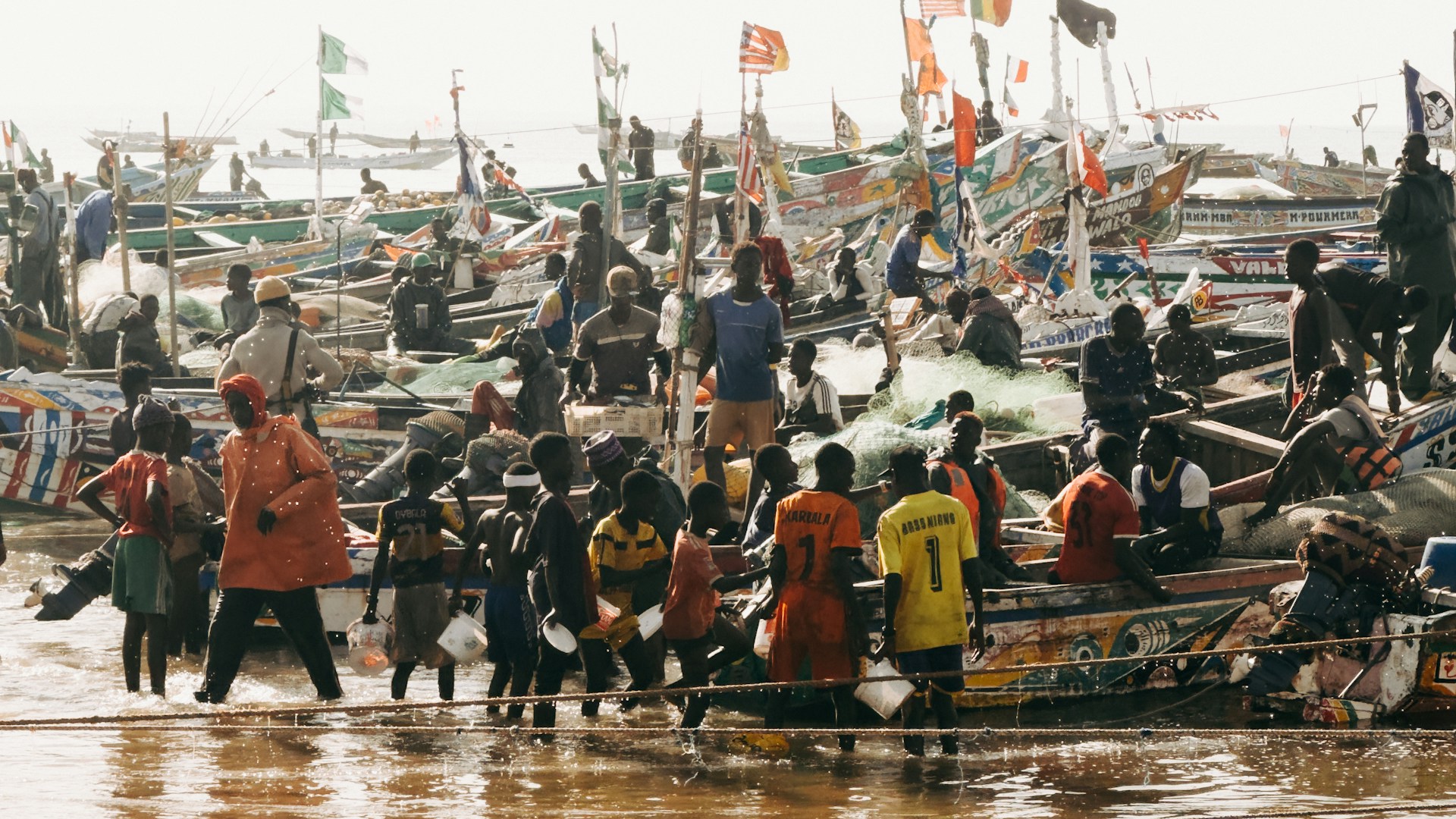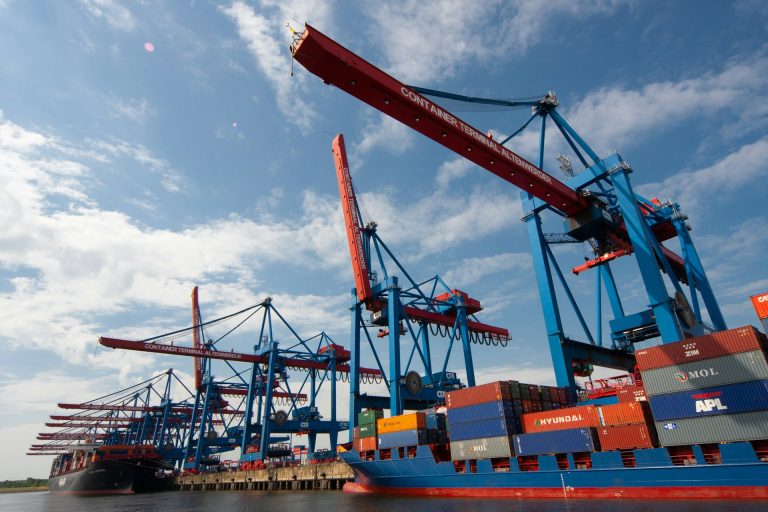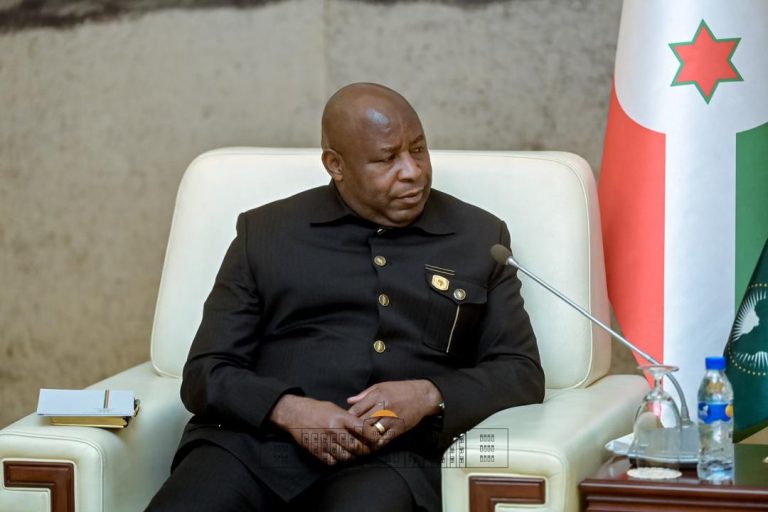- Senegal bonds plunge after PM rejects restructuring
- Experts warn of legal, financial and reputational fallout
DAKAR, SENEGAL – Senegal, long seen as a rare anchor of stability in West Africa, is facing a sharp financial shock after government bonds tumbled to historic lows.
The sell-off followed a declaration by Prime Minister Ousmane Sonko rejecting any restructuring of the country’s sovereign debt – a stance that rattled markets and cast doubt on the government’s commitment to its international partners.
Sonko’s comments were widely interpreted as contradicting negotiations underway with the International Monetary Fund, which is believed to support a rescheduling to safeguard the country’s debt sustainability. The sudden rupture triggered criticism at home and abroad, stoking concerns about Senegal’s future economic direction and the credibility of its policymaking.
Economic and legal expert Fadel Thiam said Senegal still has viable options but must act strategically. “The most probable and least risky approach for Senegal, for example, would be to engage in direct negotiations with creditors, potentially leveraging an IMF programme to lend credibility to its economic policy,” he told Allen Dreyfus.
Thiam added that Collective Action Clauses (CACs) embedded in the country’s Eurobonds would be essential to enforce any agreement reached.
Legal, financial and reputational risks
Thiam warned that invoking “odious debt” — the idea that certain past loans are illegitimate — would be “an extremely perilous option.” Proving odious debt in a legal sense, he said, is “virtually an insurmountable challenge” and would almost certainly provoke severe confrontation with creditors.
The consequences of refusing to service the debt are clear and immediate. “The risk of litigation is the most certain and immediate risk,” Thiam said. Because Eurobond holders are dispersed globally and often represented by powerful legal teams, they could sue quickly.
Eurobonds fall under English or New York jurisdiction, both known for swift and impartial rulings. “A judgment against Senegal would therefore be almost certain in the event of default,” he said.
Beyond court rulings, the fallout could be devastating. Thiam warned that legal proceedings would be costly, lengthy and deeply harmful to Senegal’s international standing: the country could be treated as a “financial pariah” for years. He also cautioned that commercial state assets could be seized abroad, including embassy bank accounts, export proceeds from oil and gas, and foreign-held real estate not protected by diplomatic immunity.
In the aftermath of Sonko’s comments, investors and analysts say the priority is to restore confidence. Thiam urged the government to act swiftly.
“There must be immediate clarity and consistency in communication,” he said. He argued that Senegal must deliver “a clear, consistent, and reassuring message” reaffirming its commitment to honouring all financial obligations.
He added that political unity is essential. Major political figures, including the opposition, should publicly commit to respecting Senegal’s international agreements, he said, emphasising that credibility must transcend domestic differences.
Thiam also underlined the need to strengthen ties with international financial institutions. Full compliance with an IMF programme would “send an extremely strong signal of fiscal responsibility,” he said, adding that technical guidance from the World Bank or IMF could help stabilise sentiment and improve debt management.
As markets await clarity from Dakar, investors say the coming days will determine whether Senegal – once considered one of West Africa’s safest bets – can stem the damage and regain the trust of international creditors.










